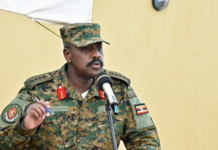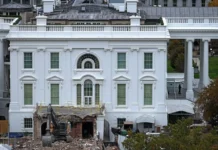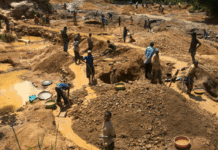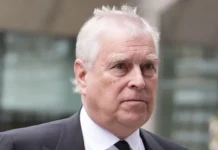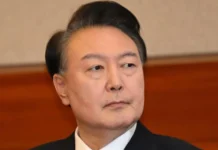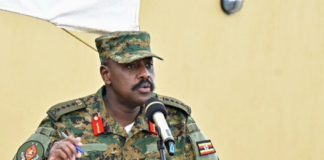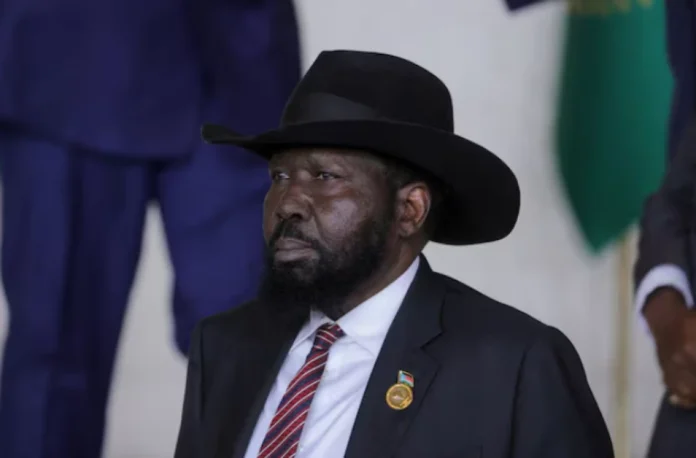
South Sudan’s ailing President Salva Kiir has returned home from a 10-day trip to the United Arab Emirates, amid growing concerns over his health and a mounting political crisis surrounding his succession. While state media framed the visit as an economic mission, members of his entourage told AFP that the 73-year-old leader had traveled for medical tests, confirming years of speculation about his deteriorating condition.
With South Sudan navigating a fragile post-conflict recovery, Kiir’s absence and failing health appear to have accelerated a calculated succession strategy. Analysts believe the president is laying the groundwork for businessman Benjamin Bol Mel, a longtime associate and controversial figure, to take over the reins of power.
Bol Mel, a construction magnate once sanctioned by the U.S. in 2017 for corruption, has risen rapidly through the political ranks. He was appointed second vice-president in February and deputy head of the ruling Sudan People’s Liberation Movement (SPLM) in May. Last week, in Kiir’s absence, he chaired a cabinet meeting, an unusual move that observers interpret as a clear sign of his growing clout.
“This looks like a script written long ago, now unfolding in carefully planned stages,” said Wani Michael, a South Sudanese activist in exile. “They had to neutralize Riek Machar to make way for Bol Mel.”
Riek Machar, Kiir’s former civil war rival and key opposition leader, has been under house arrest since March. His military bases have come under attack, and hundreds of his Nuer community members have been killed in recent clashes. The United Nations reported that more than 700 people died between January and March this year alone.
The political crackdown has also included the dismissal of intelligence chief Akol Koor, another potential challenger, who was removed in October after 13 years at the helm of the national security service. Diplomats in Juba say Bol Mel has now cemented control over the security and financial apparatus, installing loyalists throughout the system.
Despite the uptick in violence, fears of a full-scale return to civil war have so far not materialized. Machar’s faction remains fractured and largely passive, while regional and international voices continue to call for restraint.
However, discontent is growing over the lack of democratic progress. South Sudan, the world’s youngest nation, has never held national elections since gaining independence in 2011. The next vote, already delayed multiple times, has been postponed again to 2026.
“The only viable way to ensure a peaceful transfer of power is through elections,” said Edmund Yakani, head of the Community Empowerment for Progress Organisation. “The people need to shape their future with the ballot, not bullets, and certainly not by accepting leaders imposed from above.”
While Kiir’s health remains a taboo topic in official circles, his frailty was evident during recent public appearances. State media have carefully edited footage to avoid showing him walking, and in May, the foreign ministry had to deny widespread rumors of his death.
As the country watches this power transition unfold, many fear the consequences of yet another elite-driven political arrangement, one that risks deepening divisions in a nation still healing from years of bloodshed.
Written By Rodney Mbua









